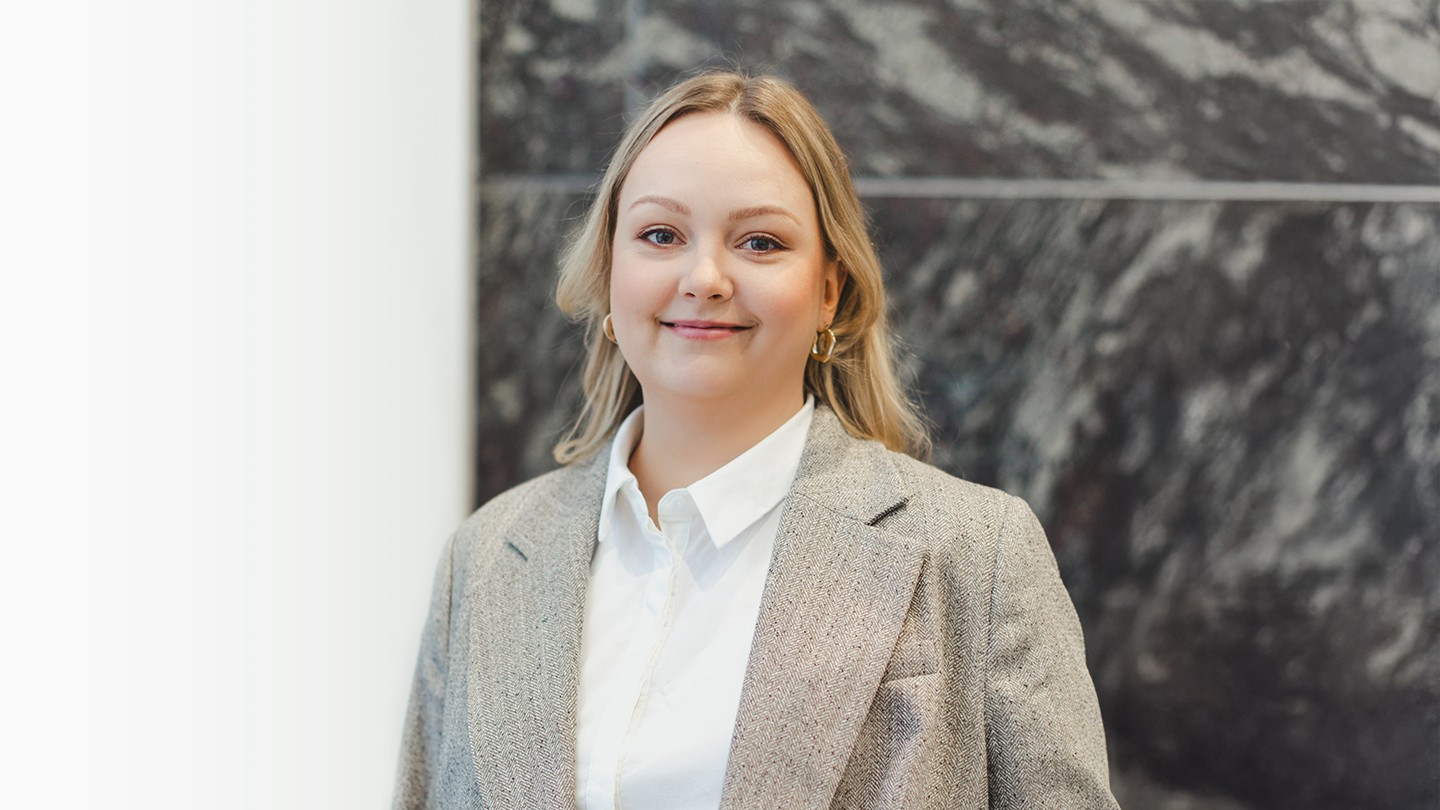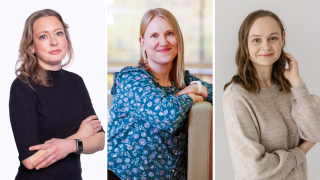Dissertation: Developing digital services as a continuous process helps improve customer experience and competitiveness

In her doctoral dissertation in Information Systems Science, M.Sc. (Econ.) Jenny Elo examined how organizations can develop and renew their digital services as a continuous process rather than through isolated projects. Continuity refers to an organization's ability to turn feedback from customer experiences and digital services into continuous learning and customer-oriented service renewal.
“The key idea is that digital services are not 'finished products' but constantly evolving value propositions. Systematic use of feedback helps to ensure that change creates real value, not just change for change's sake," Elo explains.
Elo's dissertation offers companies practical ways to examine how they currently develop digital services, to evaluate whether their current way of organizing supports continuous development, and to identify tensions that influence whether continuity can be achieved in practice.
Succeeding requires recognizing three tensions
According to Elo, enabling continuous development requires an organization to recognize and manage three key organizing tensions.
First, the organization must be able to respond quickly to changes in the market and in technology without compromising service quality or the foundations of its operations. Elo refers to this as the tension between flexibility and stability.
Second, the teams working in the organization need sufficient autonomy to make decisions related to continuous development independently. At the same time, the organization must retain enough control over operations to ensure that the direction, boundaries, and responsibilities related to services remain clear.
Lastly, organizations must ensure that individual teams focus consistently on building the overall whole and the customer experience, rather than optimizing only their own area of responsibility.
"If these tensions are not taken into account as part of management, the organization may at the same time increase uncontrolled change and become locked into old ways of working. When the tensions are recognized and managed consciously, they become a resource rather than an obstacle," Elo explains.
Continuity is built at many levels in organizations
The study shows that continuous development is not only the responsibility of individual development teams but a multilevel phenomenon.
"Continuous development is built at the organizational level on factors such as culture, structures, and resources; at the team level on work organization and collaboration; and at the individual level on competence, motivation, and time management. These levels can either enable or hinder continuity.
The study particularly highlighted how lack of time and siloed structures put a brake on continuity," Elo explains.
Elo emphasizes that continuity is not an end in itself. Without reflexive examination, continuous development can just as easily reinforce outdated practices as enable novelty and value creation.
"Organizations need to pause and assess why and for whom services are being developed and what value ongoing change will bring. In this way, continuous development becomes a means for building more sustainable business and better digital services," Elo concludes.
Jenny Elo defends her doctoral dissertation "Continuous Digital Service Innovation in Organizations: Conceptualization, Organizing Tensions, and Multilevel Enablers" on Thursday, November 27th, 2025, at 12 noon at the University of Jyväskylä, S212 Seminarium assembly hall. The event can also be viewed online.
The opponent will be Professor Brian Fitzgerald (University of Limerick, Ireland) and the custos will be Professor Tuure Tuunanen (University of Jyväskylä). The language of the event is English.
The dissertation is available in the JYX digital archive: https://urn.fi/URN:ISBN:978-952-86-1123-3




